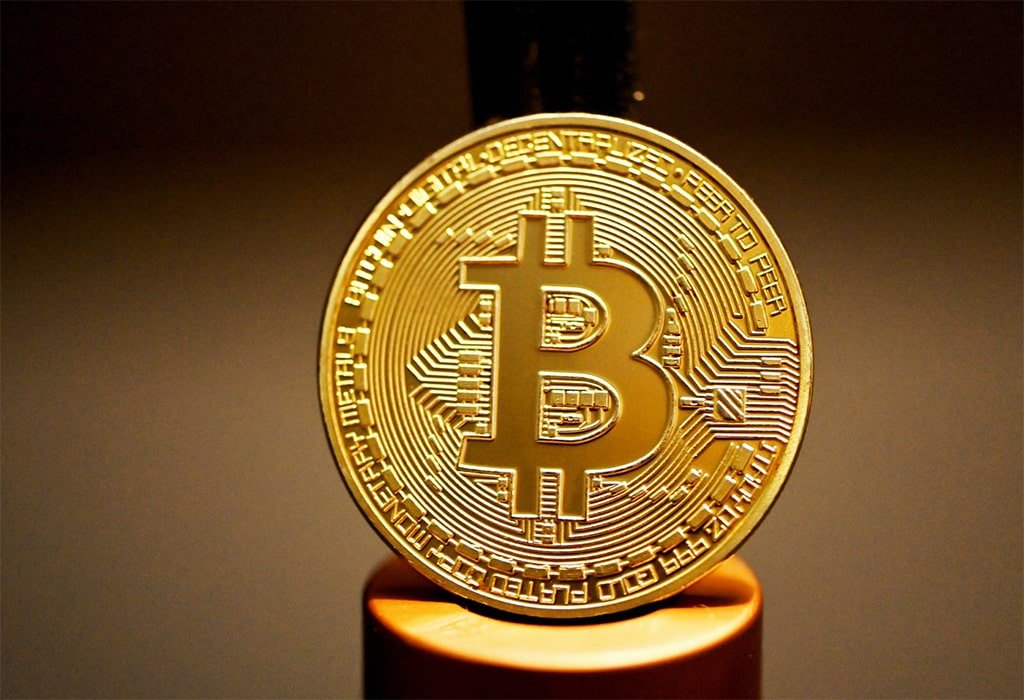
The latest on Binance’s global on-ramps and off-ramps, Coinbase’s reorganization with Circle, Shopify’s position on USDC, and China’s blockchain data exchange are all covered in this week’s Crypto Biz.
Global regulatory environments are once again proving to be a pivotal point for the cryptocurrency industry, necessitating ongoing adaptation to negotiate the murky waters of global regulation, particularly in the United States.
In the most recent events, Coinbase and Circle made the decision to disband the Center Consortium as part of a strategic realignment motivated by the need for regulatory certainty on stablecoins, maybe in anticipation of future legislation from the US Congress.
Binance.US also sought a legal substitute for continuing to operate this week. The exchange revealed a collaboration with MoonPay that will use the stablecoin Tether, which is tethered to the dollar.
USDT
As its new “base asset” for all transactions, $1.00 offers customers a way to transact in US dollars while potentially avoiding regulatory restrictions.
In the interim, on- and off-ramp issues are still a problem for worldwide Binance. Users in the region are experiencing issues with fiat withdrawals almost 30 days before Paysafe stops supporting fiat transactions in Europe.
Fast adaptation is more than a technique in this environment; it’s a survival skill. Crypto companies are currently dancing to unwritten songs.
The latest on Binance’s global on-ramps and off-ramps, Coinbase’s reorganization with Circle, Shopify’s position on USDC, and China’s blockchain data exchange are all covered in this week’s Crypto Biz.
Binance restricts withdrawals in Europe and cites problems with payment processors
Customers of the cryptocurrency exchange Binance are apparently having trouble withdrawing money in euros due to problems with SEPA payments. The information came just after Binance warned users that Paysafe Payment Solutions, its euro banking partner, would stop supporting the cryptocurrency exchange by September 25. In order to continue using SEPA services after this date, consumers may need to accept new terms and conditions as well as update their financial information, according to the exchange. The dollar-pegged stablecoin Tether (USDT) will now serve as Binance.US’s new “base asset” for all transactions, enabling users to transact in U.S. dollars. This cooperation was announced in the United States. Due to a recent breakdown with its local banking partners, Binance.US has been unable to accept fiat deposits since June.
In response to the closure of Centre Consortium, Coinbase purchases ownership in Circle.
As the Centre Consortium is being shut down because to “growing regulatory clarity for stablecoins” in the US, Coinbase and Circle have restructured their relationship. The USD Coin was jointly introduced by the two organizations.
USDC
2018 saw the launch of a $1.00 stablecoin, and since then, the Center Consortium has controlled the token. As the company closes, Circle will be given more duties, such as managing smart contract keys and maintaining regulatory compliance, and Coinbase will acquire an ownership position in the company. Based on their stablecoin holdings, they will continue to divide interest income. Additionally, USDC plans to enter the Polkadot, Optimism, Near, Arbitrum, and Cosmos networks in an effort to broaden its chain reach.
Shopify will use Solana to accept USDC payments.
Due to the addition of Solana Pay to Shopify’s list of payment methods, millions of retailers will now be able to use the platform to accept cryptocurrency transactions, starting with USD Coin.
USDC
Stablecoin payments of $1. Other cryptocurrencies, including Solana’s own native SOL, are apparently going to be added to the site in the upcoming months.
SOL
$20 token and the BONK (meme) token. According to Shopify, their platform facilitates 10% of all e-commerce transactions in the US, or $444 billion of the global e-commerce market. The average network fee per transaction is $0.00025, whereas credit card fees can be anywhere between 1.5% and 3.5%. Users of Solana paid an average transaction fee of 0.000009664 SOL during the most recent epoch.
China introduces a data exchange driven by blockchain
A new data exchange driven by blockchain technology was revealed by Chinese government officials. More than 300 companies, including Alibaba Cloud and Huawei, took part in the exchange’s launch. The new Hangzhou Data Exchange, according to local press reports, would make it easier to trade company information technology data while assuring exchange trades are immutable and traceable. China is a steadfast supporter of government-run Web3 efforts despite having cracked down severely on private blockchain businesses for the majority of the year.
Every Thursday, Crypto Biz is sent to your inbox as your weekly pulse on the blockchain and cryptocurrency industries.

